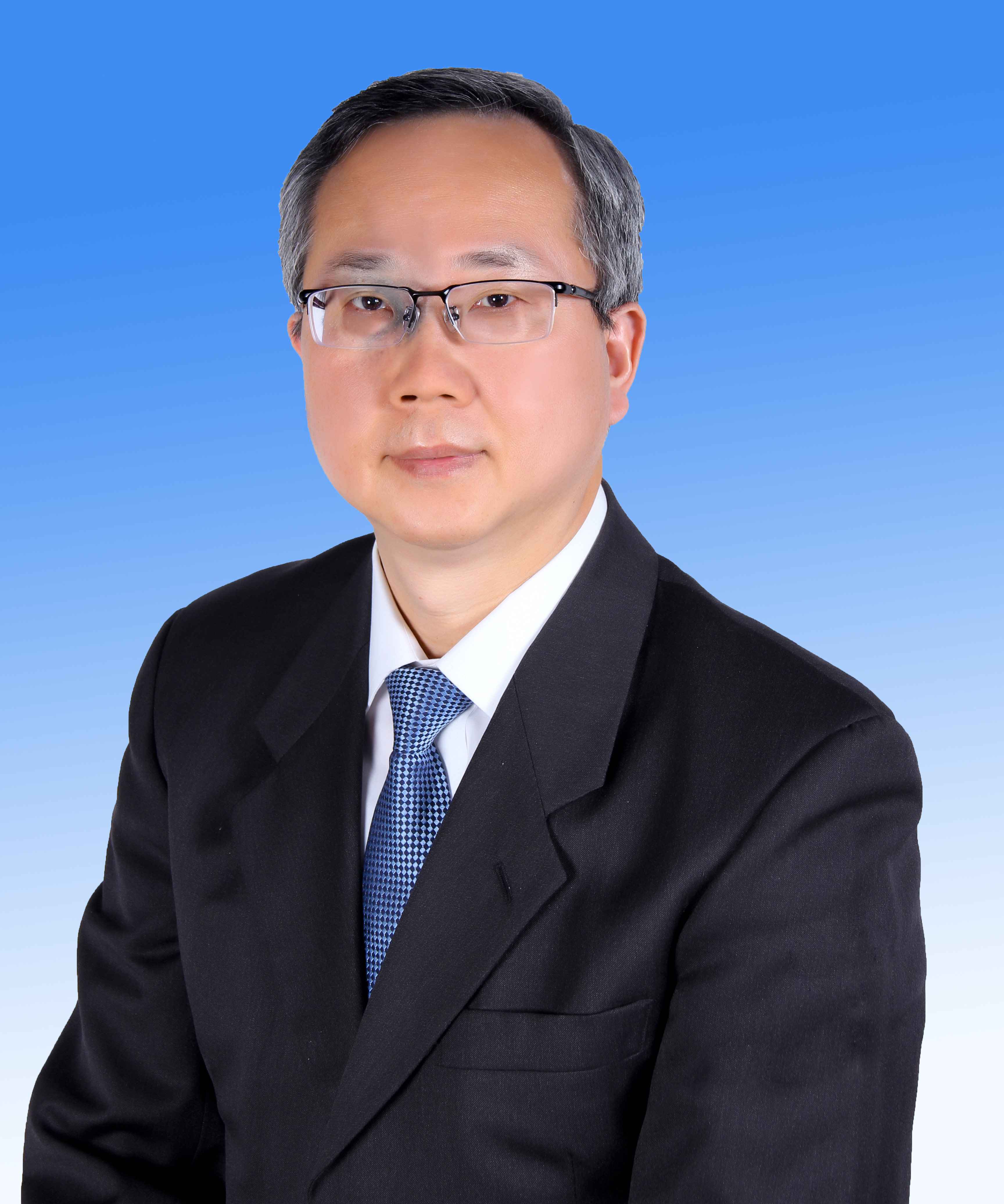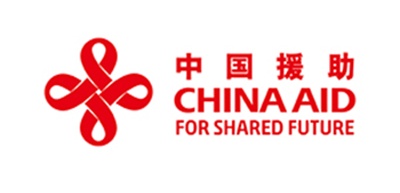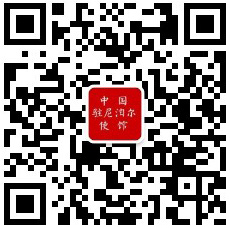
Premier of the State Council Li Qiang will attend and address the opening ceremony of the 2025 World AI Conference & High-Level Meeting on Global AI Governance in Shanghai on July 26.
CCTV: To follow up on Premier Li Qiang’s trip to Shanghai for the 2025 World AI Conference and High-Level Meeting on Global AI Governance, can you share the program of the conference and China’s expectations?
Guo Jiakun: Artificial intelligence is developing rapidly and becoming an important driving force for the new round of technological revolution and industrial transformation. Holding the 2025 World AI Conference and High-Level Meeting on Global AI Governance is an important step taken by China to implement the Global AI Governance Initiative put forth by President Xi Jinping, with the aim of making the conference a technology leader, application showcase, industry accelerator, and governance council in the field of AI.
The theme of this year’s conference is “Global Solidarity in the AI Era.” China has invited high-level representatives from over 40 countries and international organizations. We hope that participating parties will have in-depth discussions on three major topics, namely deepening innovation cooperation and unleashing the intelligence dividend, promoting inclusive development and bridging the digital divide, and strengthening collaborative governance and ensuring AI for good. We look forward to enhanced solidarity, joint pursuit for development and concerted actions to promote the sound and orderly development of AI and make sure it is a force for good, safety, and fairness.
China Daily: The International Court of Justice (ICJ) delivered its advisory opinion on the Obligations of States in respect of Climate Change on July 23, which confirmed that the system of the United Nations Framework Convention on Climate Change (UNFCCC) is the principal legal instruments regulating the international response to the global problem of climate change, and made clear countries’ rights and obligations under international environmental law. Some countries said this marked a decisive moment in promoting global climate justice. How do you view this advisory opinion?
Guo Jiakun: We noted that the ICJ’s advisory opinion pointed out that the UNFCCC system is the principal legal instruments regulating the international response to the global problem of climate change and confirmed that the principle of common but differentiated responsibility, the principle of sustainable development and the principle of equity are applicable as guiding principles for the interpretation and application of relevant international law. It stressed that developed countries should take the lead in combating climate change and that countries have the obligation to strengthen international cooperation. The advisory opinion reflects the long-standing stance and proposition of developing countries, including China. It is of positive significance to maintaining and advancing international climate cooperation.
China took an active part in this advisory opinion. As the biggest major developing country, China has been a staunch doer in and important contributor to green development. China is actively and prudently working towards its goals on carbon peak and carbon neutrality. We will will make the world’s biggest cut in carbon emission intensity and move from carbon peak to carbon neutrality in the shortest time frame ever seen in history. In the meantime, China’s quality and low-cost clean energy technologies and products have significantly cut the costs for global green and low-carbon transition. China has also provided as much assistance as we can to fellow developing countries through the channel of South-South cooperation.
However the world may change, China will not slow down its climate actions, will not reduce its support for international cooperation, and will not cease its efforts to build a community with a shared future for mankind. China stands ready to work with all parties to fully implement the UNFCCC, honor the principle of common but differentiated responsibilities, and foster a fair and equitable system of global climate governance for win-win cooperation.

Reuters: Two Thai soldiers were injured during clashes in disputed Thailand-Cambodia border. Does China have any comment?
Guo Jiakun: Thailand and Cambodia are both China’s friendly neighbors and important members of ASEAN. Good-neighborliness and properly settling differences serves the fundamental and long-term interests of the two sides. We are deeply concerned over the ongoing developments and hope that the two sides will properly address issues through dialogue and consultation. Bearing in mind the common interest and concerns of regional countries, China upholds a just and impartial stance. We have and will continue to promote talks for peace in our own way and play a constructive role in promoting deescalation.
AFP: EU Chief Ursula von der Leyen during a meeting with Chinese leader today urged the bloc and China to acknowledge concerns and come forward with “real solutions.” Does the Foreign Ministry have a comment on what kind of “real solution” China will be willing to offer the EU?
Guo Jiakun: This morning, President Xi Jinping met with European Council President Antonio Costa and President of the European Commission Ursula von der Leyen. China has released a readout, which you may refer to.
This year marks the 50th anniversary of China-EU diplomatic relations and the 80th anniversary of the founding of the United Nations. China-EU relations come to another critical historic juncture. Over the past 50 years, China-EU exchanges and cooperation have achieved fruitful results. The important experiences and lessons from them are mutual respect, seeking common ground while shelving differences, open cooperation and mutual benefits. These are also the important principles and direction of efforts for developing China-EU relations in the future. China and the EU both advocate multilateralism and openness and cooperation. The more severe and complex the international landscape becomes, the more necessary it is that China and the EU should strengthen communication, enhance mutual trust and deepen cooperation.
President Xi Jinping put forward three propositions on the future development of China-EU relations. First, we should uphold mutual respect and consolidate partnership. Second, we should uphold open cooperation and properly handle frictions and differences. Third, we should practice multilateralism and safeguard international rules and order.
Faced with accelerating global transformation not seen in a century and a changing and turbulent world, China and the EU should keep to the right direction of developing the bilateral relations, make efforts to usher in an even brighter 50 years of China-EU relations, and provide more stability and certainty to the world.
The New York Times: The European Union has expressed concern about China’s growing trade and industrial relationship with Russia in the context of the Ukraine conflict. Has there been any new development on that in today’s meetings?
Guo Jiakun: We’ve put out a readout on President Xi Jinping’s meeting with the President of the European Council and the President of the European Commission this morning, and you may refer to that. Let me stress that the exchanges between China and Russia do not target any third party and should not be affected by any third party.
China Review News: It’s reported that the South African government issued a notice, saying that the Taipei Commercial Office situated in Pretoria will no longer be recognized. South Africa has called upon Taipei to relocate its Commercial Office from the capital, Pretoria, to Johannesburg. The Taipei Liaison Office in Cape Town will be referred to as the Taipei Commercial Office. What’s China’s comment?
Guo Jiakun: The one-China principle is the political foundation for China to establish and develop diplomatic relations with other countries. It is a basic norm in international relations and a prevailing consensus of the international community. China commends South Africa’s own decision that you mentioned. It is a positive action in keeping with the one-China principle and UNGA Resolution 2758. This is also reflective of the strength of the China-South Africa all-round strategic cooperative partnership in the new era. We will continue standing firmly together with South Africa on issues bearing on each other’s core interests.
RIA Novosti: The delegations of Russia and Ukraine held the third round of direct talks in Istanbul, Türkiye on July 23. How does China view the outcomes of the talks?
Guo Jiakun: We noted that Russia and Ukraine held a new round of direct talks this week and reached agreement on prisoners exchange and other humanitarian issues. China welcomes this. China’s position on the Ukraine crisis is consistent and clear. We support all efforts conducive to peace and hope parties will remain committed to the political settlement of the crisis and work together for deescalation.
AFP: U.S. President Donald Trump unveiled an AI action plan on Wednesday. The plan aims to cement U.S. dominance in AI to stay ahead of China. Trump also complained that for too long, many of the largest tech companies had ripped the blessings of American freedom while building the factories in China. Does the Chinese Foreign Ministry have a comment on this?
Guo Jiakun: China believes that all parties should jointly promote the open and inclusive development of AI for good and for all. Our emphasis should not be on confrontation and competition, but rather on sharing the dividends of AI and achieving common development.
The New York Times: The European Union has expressed concern that China is restricting exports of rare metals and rare earth magnets. Have today’s meetings produced any progress on that issue?
Guo Jiakun: China’s policy on rare earth is in line with international practice. We stand ready to work with relevant countries and regions to continue enhancing dialogue and cooperation on export control and jointly keep global industrial and supply chains stable, safe and secure.










